The Supreme Court dismissed the right to die appeal brought by the wife of the late Tony Nicklinson and campaigner Paul Lamb in a landmark judgment today.
The appellants claimed the prohibition on assisted suicide in section 2(1) of the Suicide Act 1961 is incompatible with Article 8 of the European Convention on Human Rights.
However, the majority of the full panel of Supreme Court judges said they did not have the jurisdiction to change the law and that this would be a matter for parliament. But in doing so they left the possibility open for the court to rule on the matter in the future if parliament fails to engage with the issue.
In the ruling the majority of the Supreme Court indicated that the current blanket ban on assisted suicide is either incompatible with Article 8 or may well be so. However, the court stopped short of making a declaration of incompatibility.
Of the five majority justices, three held that it would be inappropriate to grant a declaration of incompatibility now due to the lack of evidence showing that the current prohibition on assisted suicide was disproportionate; and because parliament should be given the opportunity to debate the issues first. Lord Falconer’s Assisted Dying Bill 2014 is currently before parliament.
However, two of the justices, Lady Hale and Lord Kerr, said they would have made a declaration of incompatibility on the basis that section 2 of the Suicide Act is incompatible with Article 8.
Six of the judges called for parliament to consider whether the assisted suicide ban is necessary and proportionate in cases like those of Tony Nicklinson and Paul Lamb. Lord Neuberger indicated that his 'provisional' view was that the current law was incompatible with the HRA.
Saimo Chahal, solicitor at Bindmans who acted for Jane Nicklinson and Paul Lamb, said: ‘Whilst this is not exactly the result we were hoping for, and it does not provide an immediate remedy, it is nonetheless very welcome as we have succeeded in showing that the issue, despite the controversy surrounding it, is one that the courts can adjudicate on and indeed must, if parliament does not take action soon to consider the plight of people like Paul.'
Irwin Mitchell, acting on behalf of the British Humanist Association (BHA) which intervened in the case, said parliament must consider the state of the current law which provides for prosecution of partners, families, doctors and other caring professionals who assist or play a role in the suicide.
Yogi Amin, partner at Irwin Mitchell, representing the BHA said: ‘The majority of judges rejected the appeal from the families but gave a strong signal to parliament to review and potentially bring new legislation forward.’
The case arose after Tony Nicklinson suffered a catastrophic stroke at the age of 51 leaving him paralysed and with 'locked-in syndrome'.
The High Court on 16 August 2012 dismissed the claim. Following the High Court’s ruling, Nicklinson refused nutrition and medical treatment and died of pneumonia less than a week later.
Last year Paul Lamb applied to be substituted in Nicklinson’s place and took over the remainder of his claims. Lamb was involved in a car crash in 1990, following which he was left immobile.
Saimo Chahal QC of Bindmans acted as solicitor & Paul Bowen QC of Doughty Street Chambers, leading Guy Vassall-Adams of Matrix Chambers, acted as counsel to Tony and Jane Nicklinson (pictured) and Paul Lamb.

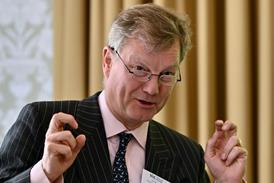
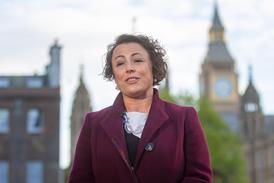

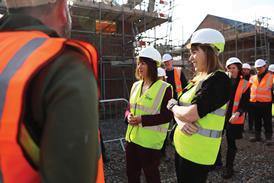


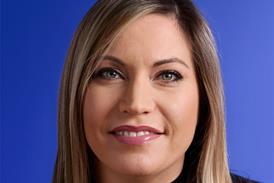
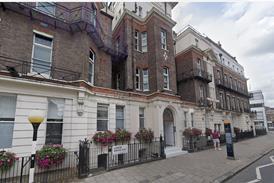
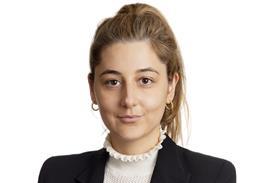







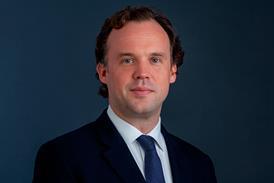
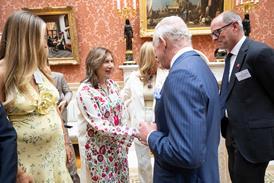
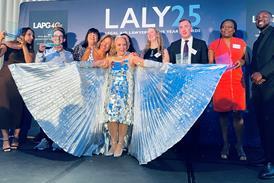







5 Readers' comments